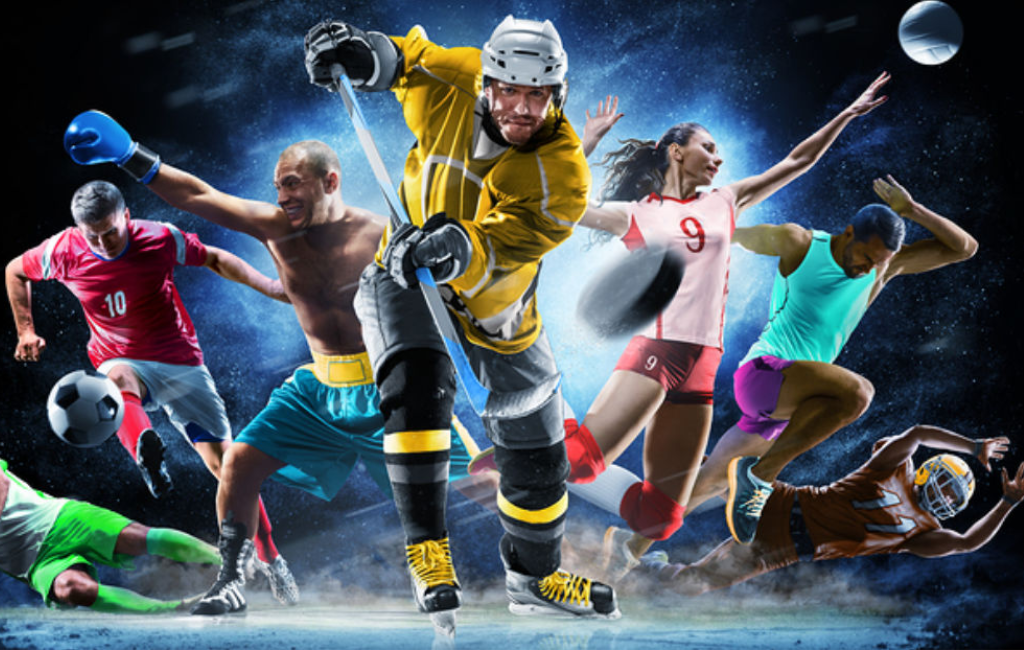
Athletes are increasingly turning to CBD to aid in managing conditions like exercise-induced inflammation, stress and sleep difficulty. However, some athletes are concerned that CBD usage may impact their ability to pass drug and anti-doping tests required by athletic governing bodies.
If you’re an athlete still on the fence about using CBD, it may help to educate yourself on what some of the major athletic organizations have to say about the legality of its use in professional sports.
Doping and Cannabinoids
Before getting into the specifics about CBD, let’s talk about doping.n Doping is the use of banned substances in competitive sports. Banned substances must meet two of these three criteria: they must improve performance, prevent a health hazard to the athlete and/or violate the spirit of the sport. Doping is often applied to performance-enhancing drugs, but also include substances that may mask the presence of performance-enhancing drugs or cause athletes harm.
Overall, the legality of CBD in sports is still up in the air, with many sports’ policies not specifically detailing exceptions for CBD.
The full list of substancesfull list of substances and methods banned in sports is produced annually by the World Anti-Doping Agency (WADA). In the 2019 edition of the list, cannabinoids fall under the list of “Substances and Methods Prohibited In-Competition.” Natural cannabinoids of cannabis, hashish, marijuana synthetic cannabinoids of tetrahydrocannabinol (THC) and other cannabimimetics are also prohibited. Cannabidiol, or CBD, is the only cannabinoid allowed by WADA.
This is great news for athletes who use CBD, but there is a caveat: WADA notes that while CBD isn’t on the prohibited list, some CBD oils and tinctures may contain THC or other cannabinoids that are on the prohibited list and can result in a positive test for a prohibited substance.
In an analysis of CBD products (oils and tinctures) published in the Journal of the American Medical Association. researchers found that in some products, concentration of CBD varied from what was listed on the product label, and unlabeled cannabinoids including THC were present. While WADA permits a THC threshold of 150ng/mL, presence of other cannabinoids at any level may result in a positive test for prohibited cannabinoids.
Furthermore, certain sports organizations may choose to maintain a ban on CBD despite WADA’s change in regulations. The NCAA’s 2019-2020 Banned Substances list bans the drug class of cannabinoids and does not specify any exception for CBD. The NFL 2016 Policy and Program on Substances of Abuse prohibits the use, possession or distribution of marijuana and synthetic cannabinoids. The MLB includes natural cannabinoids and synthetic THC and cannabimimetics as a Drug of Abuse. The NHLPA/NHL Collective Bargaining Agreement notes that the WADA list of substances is taken into consideration for its list of prohibited substances.
Some organizations, including USA Triathlon and UFC, have embraced the use of CBD and have formed partnerships with CBD companies. Many former and current athletes are also advocating for a change in athletic organization policy to allow use of CBD product, especially in the light of the WADA policy.
Overall, the legality of CBD in sports is still up in the air, with many sports’ policies not specifically detailing exceptions for CBD. If you do use a CBD product, be sure to use one that has undergone rigorous testing to ensure its quality and absence of other cannabinoids that may cause you to test positive.
Zebra CBD offers premium CBD products in a variety of forms, including convenient CBD topicals for athletes. Our products are tested twice by independent labs to ensure that what you see on the label is what’s in the container. When you use Zebra CBD products, you can trust you are not ingesting more than the legal limit of THC.








